When using prompts for opinion writing, students can express themselves and share their beliefs. This automatically makes them more invested in their writing. Read on to learn more about opinion writing including mentor texts, ideas, and assessments. Plus you will find 20 prompts that will be sure to motivate and engage kids!
What is an Opinion Writing?
Opinion writing is used to convince or persuade the reader. The writer states their opinion and gives reasons to support it. Facts or statistics can be used to provide supporting evidence.
Examples for Opinion Writing
There are lots of helpful examples for opinion writing. Below you will find a list of mentor texts for kids. It’s beneficial to immerse students in the genre before and during a writing unit. These books model effective writing strategies that can be incorporated into lessons.
Opinion Writing Mentor Text:
- I Love Insects by Lizzy Rockwell
- The Perfect Pet by Margie Palatini
- The Day the Crayons Quit by Drew Daywalt
- Hey, Little Ant by Phillip and Hannah Hoose
- Red is Best by Kathy Stinson
- I Wanna Iguana by Karen Kaufman Orloff
- Earrings by Judith Viorst
- The Great Kapok Tree by Lynne Cherry
How to Teach Opinion Writing
It’s important for students to form their own opinions and understand their feelings. So often kids just follow the opinion of someone else whether it be a parent, sibling, or friend. Now is the time for kids to firmly state their opinion and not waver from it.
Writers will need to give reasons for their opinion and provide supporting examples. The number of reasons will depend on the grade level and the student’s abilities. For first graders, you might require only one reason while third graders may need three reasons. Decide what works best for your learners and create modifications as needed.
Opinion Writing Outline
Below you will find an acronym to help students plan their opinion writing. They just need to remember the word OREO. It stands for opinion, reasons, examples, and opinion (restated again). For each reason given, a sentence follows with evidence or an example. This is a more detailed approach to writing a response. It works well for the upper grades or advanced students. Depending on the level, some writers may just be working on providing reasons and will later develop the skill of using supporting examples.

The example below uses one reason with supporting evidence. For each reason, the student should write an example. The acronym might look like OREREO for two reasons or OREREREO for three reasons. A little confusing, but you get the idea.
Example: Do you think teachers should give students homework?
O– In my opinion, students should not have homework.
R– They work so hard all day at school and need a break.
E– Instead of focusing on more work kids should be able to go outside and play, do a sport, or do other fun activities.
O– In conclusion, students work all day at school and should not have to do homework.
Sentence Starters
As students write, it may also be helpful to use sentence starters. Teachers can project these on the board, put them on an anchor chart, or print a version for writing notebooks. I also like to do a mini-lesson where I ask the kids what types of sentence starters work well for opinion writing and we create the list together. This process helps them retain the information better and they are more likely to apply it to their own writing.
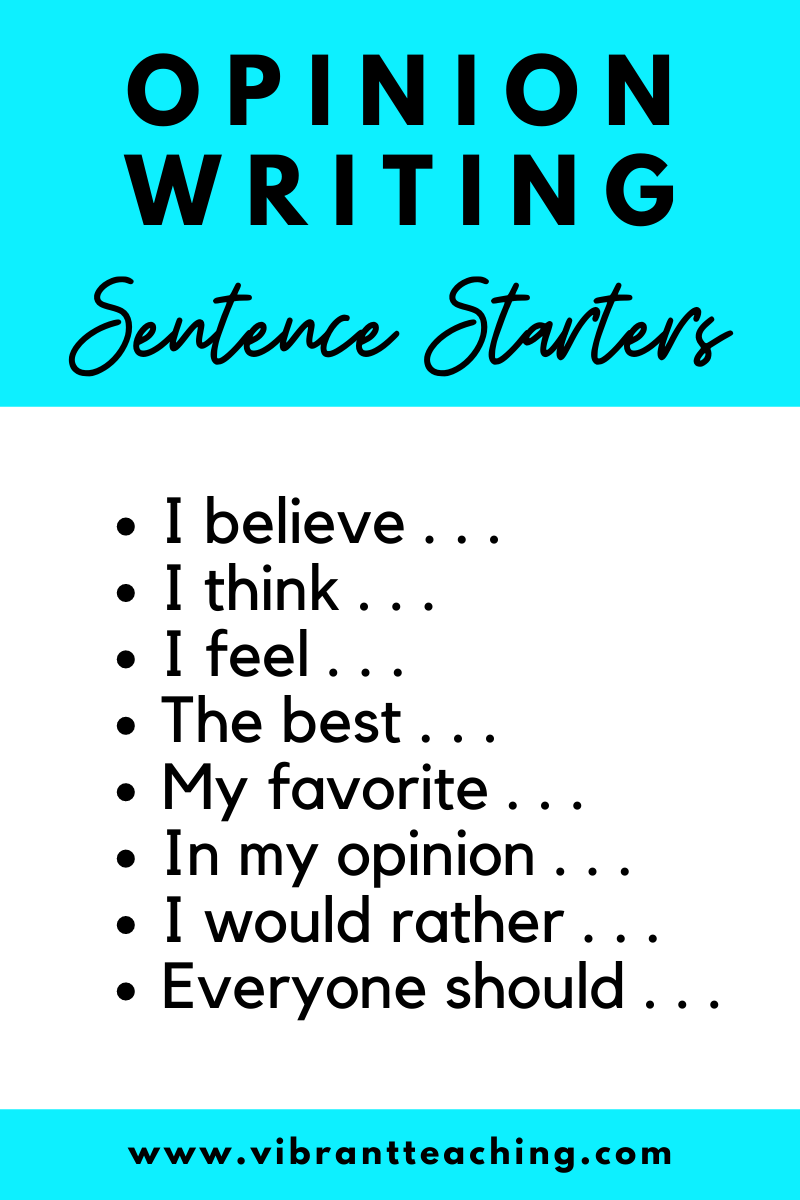
Ideas for Opinion Writing
There are so many fun and creative ideas for opinion writing. Kids really get into this writing unit because they feel that their opinion is valued and they are eager to share their knowledge. It’s really empowering for them!
As an activity, the teacher can present a topic to the class and have students choose a side. Then kids can debate and state their opinion with reasons. This is always an exciting way to get the creative juices flowing and it will translate into their writing when they have to support their opinion.
Another idea is to use prompts for opinion writing. This engages the students and helps them get started. Prompts can be assigned by the teacher or students can choose from a list or choice board. Feel free to use the sentence starters below to generate ideas for writing prompts.
- Would you rather . . .
- Which is more important . .
- Do you prefer . . .
- What is the best . . .
- What is your favorite . . .
- Should . . .
- Imagine if . . .
Prompts for Opinion Writing
Opinion writing prompts can be created by the teacher or the students. Sometimes students come up with better prompts than I ever could. Plus kids love knowing that a peer created the prompt they are going to write about. If you’re looking for some ideas, the list below has 20 motivating and engaging prompts for kids! Also, check out this blog post to learn more about narrative writing prompts: 20 Prompts for Narrative Writing That Spark Creativity
20 Motivating and Engaging Prompts:
- If you could only eat one food for the rest of your life, what would it be? Give 3 or more reasons why.
- Should students be able to pick their own seats in class?
- Think of a present you really want. Now convince someone to buy it for you.
- What is the best pet someone can get?
- Would you rather live somewhere that’s extremely hot or cold?
- Which sport is the best? Give reasons to support your opinion.
- If you could visit any place, what would it be and why?
- Would you rather live on a rural farm or in a busy city?
- Imagine you could be the President for a day. What would be the most important thing to do first?
- Which is more important? Being a good speaker or a good listener?
- If the weather is nice, should kids be able to have their classes outside?
- Do you think kids should have more technology time or less?
- If you could see the world through colored glasses, which color would you choose and why?
- Should kids get money for doing chores or should they just do it to help out at home?
- Convince your teacher to get a class pet. Tell which animal would be the best choice and why.
- Would you rather visit the moon or a planet? Explain why.
- If there could only be one season, which would you choose?
- Should kids get to choose their own bedtime?
- Would you rather give a present or receive it?
- Imagine you could create the best dessert ever! What would it be and why?
Opinion Writing Rubrics
After students have completed their writing, teachers are left with the difficult task of assessing it. Assessments should be accurate and aligned with the Common Core Standards. They also need to be helpful for the teacher and the students.
This is when writing rubrics become extremely helpful as formal assessments. They can be used for benchmarks, progress reports, report cards, and conferences. Rubrics may also be shown to students in advance so they know what the expectations are and how they will be assessed.
Below you will find three types of opinion writing rubrics. Check out this blog post to learn more about student-friendly, teacher-friendly, and time-saving rubrics: 3 Types of Writing Rubrics for Effective Assessments
Conclusion
Opinion writing has the ability to engage and empower kids. Students will be able to explain their thinking by giving reasons and examples. Mentor texts, sentence starters, writing prompts, and rubrics are all helpful to use in the classroom. I know your kids will love writing and sharing their opinion pieces.
Did you grab your Free Writing Prompt Guide yet? Writing prompts are perfect for morning work, writing time, centers, or as a homework assignment. It will save you tons of time and energy. So click the link and grab the guide to get started!
Genre Based Prompts
Related Articles:

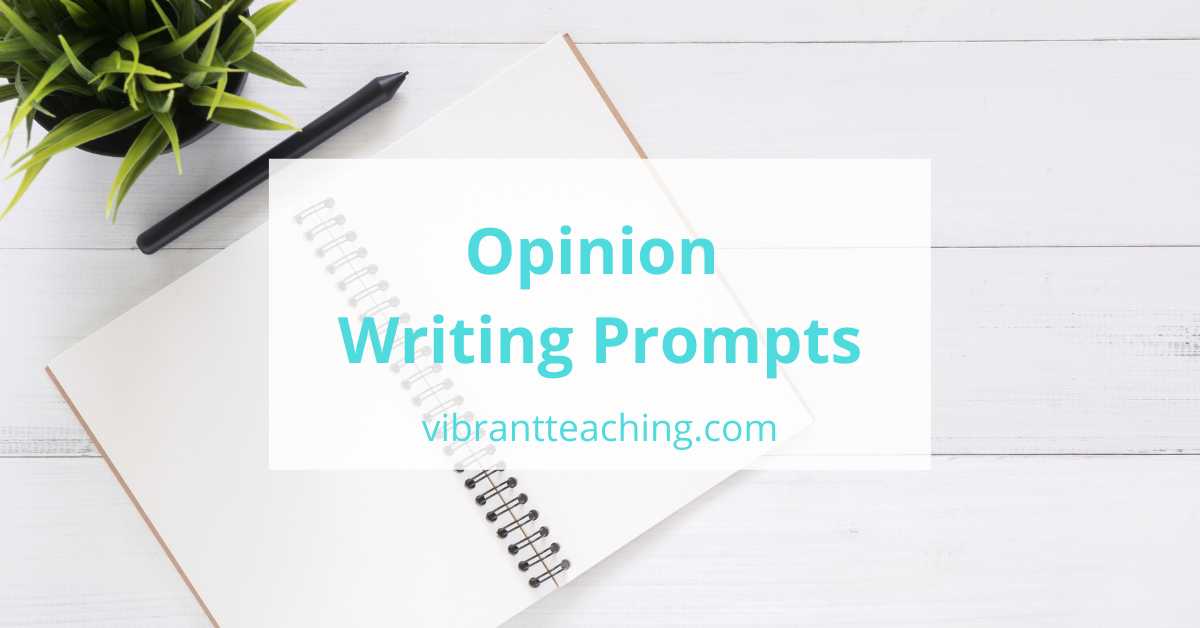
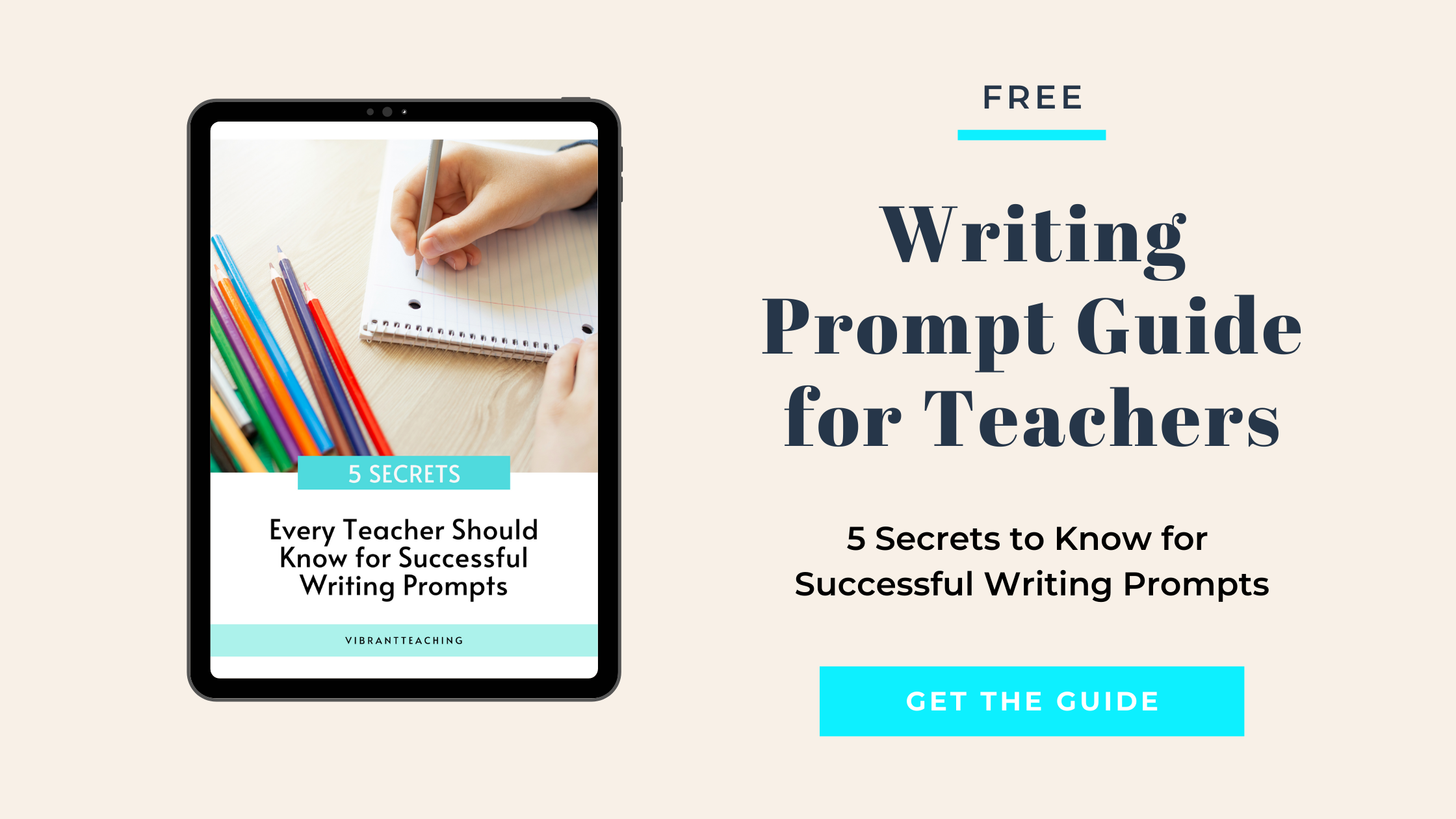
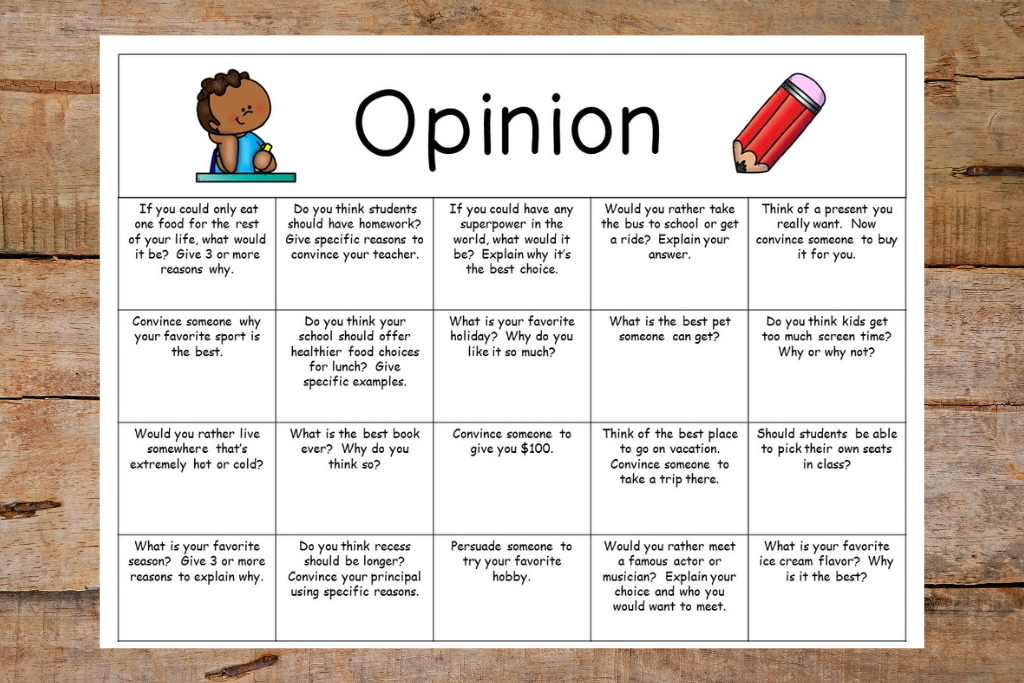
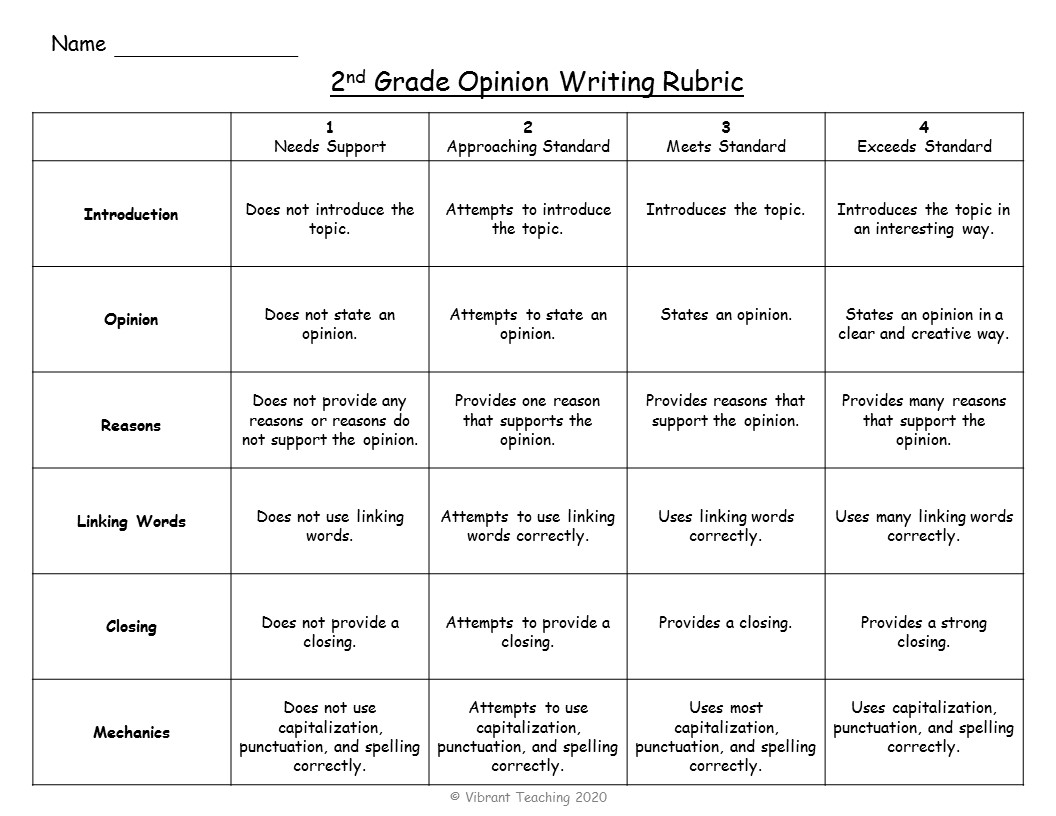
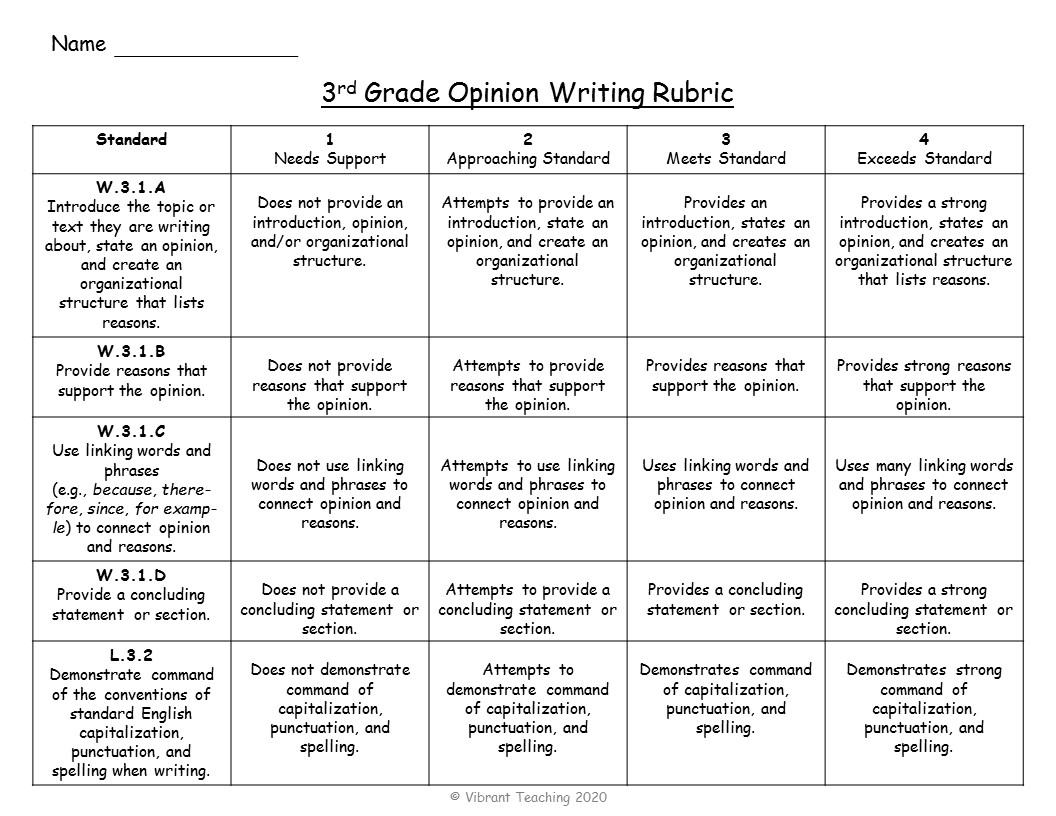
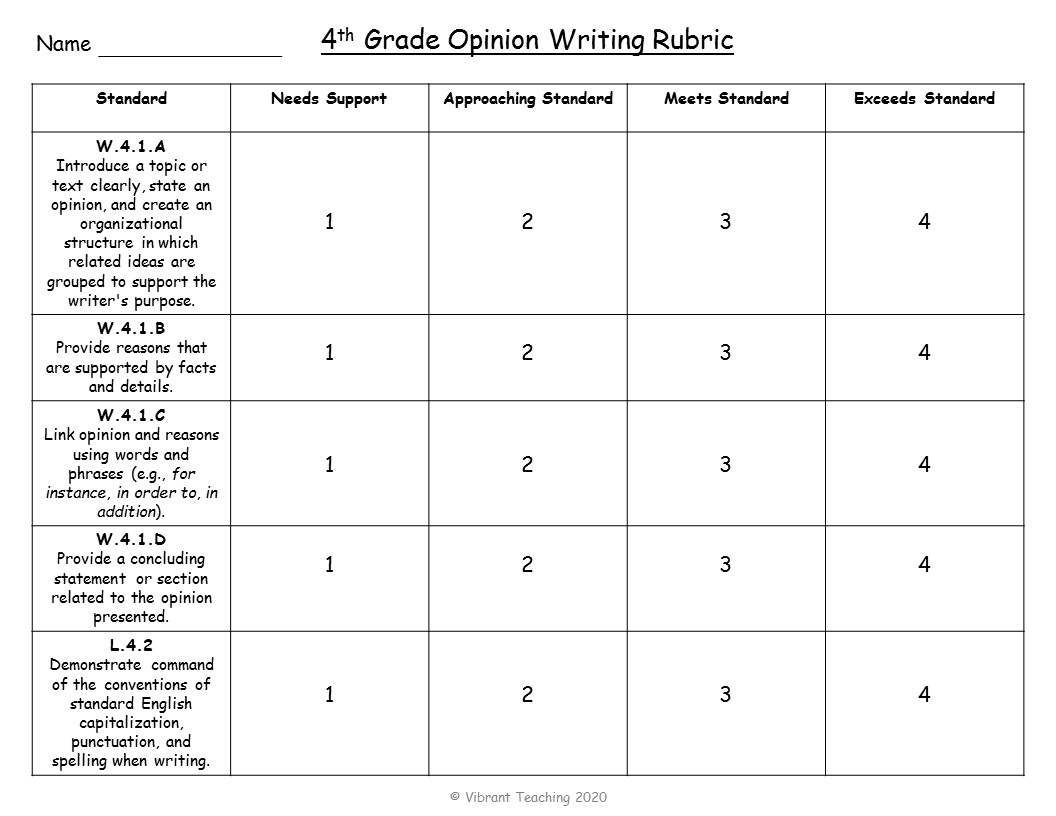
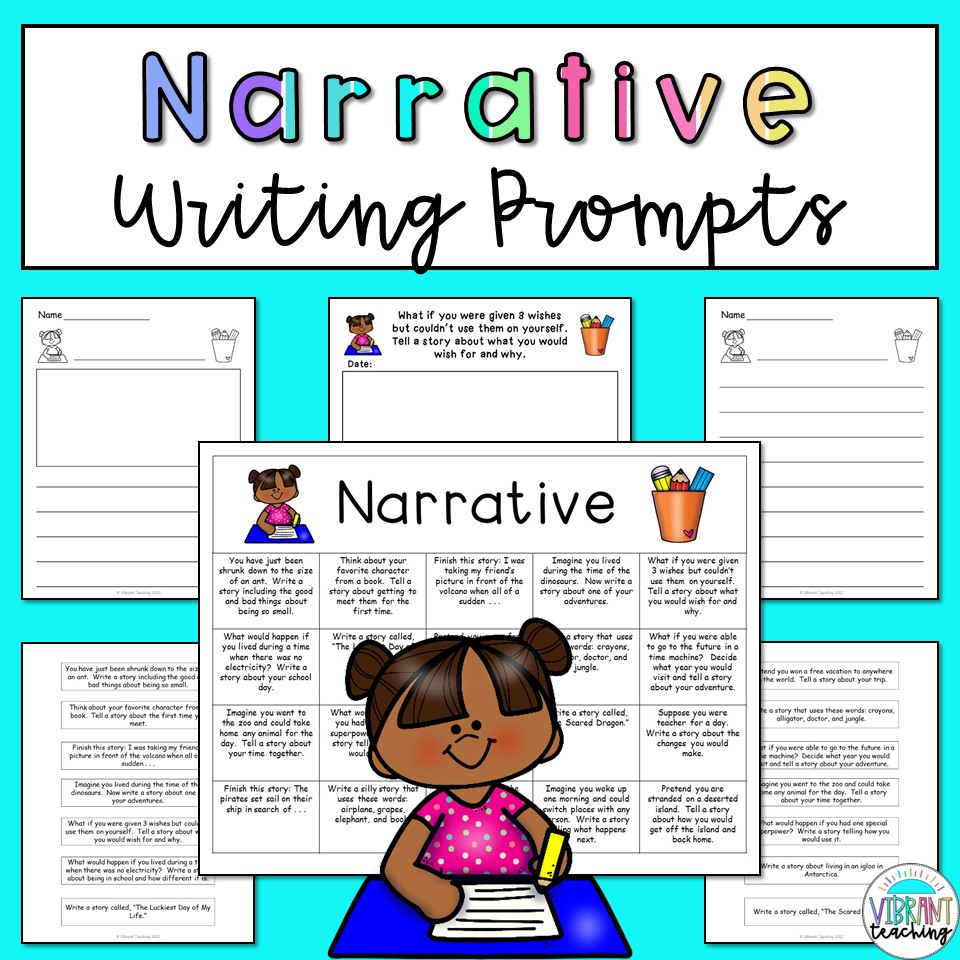
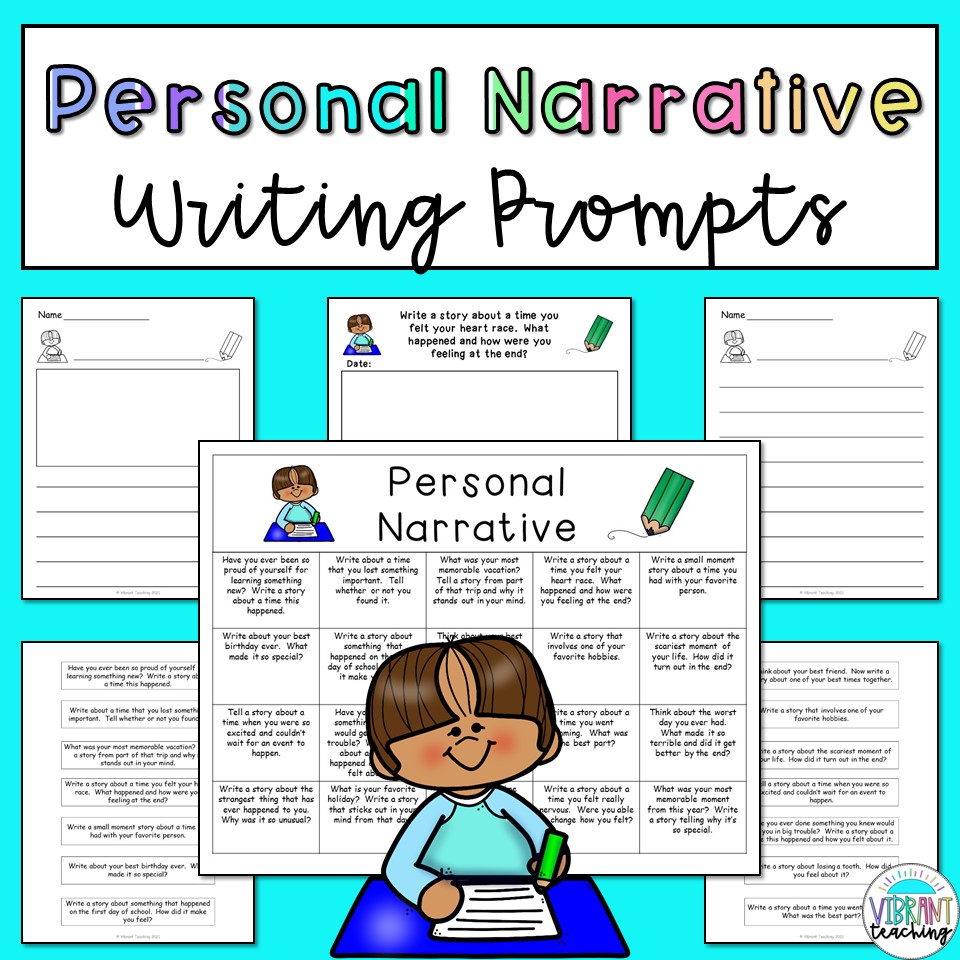
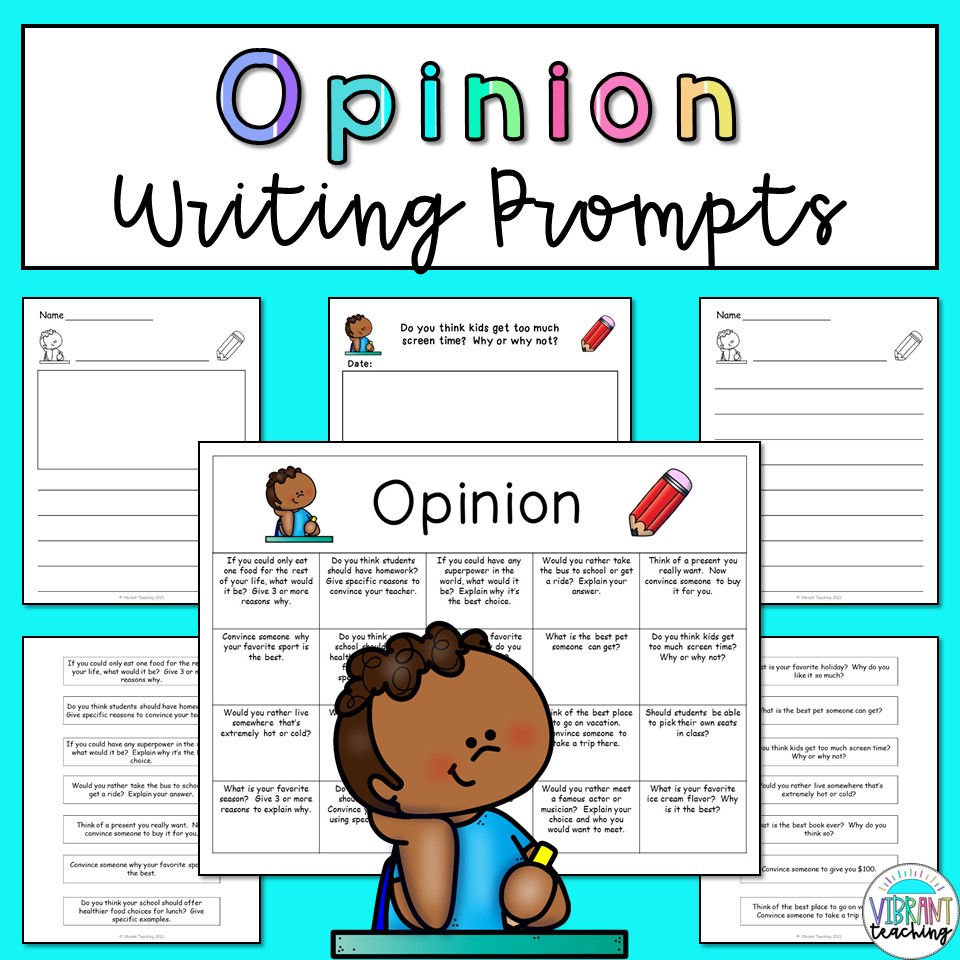
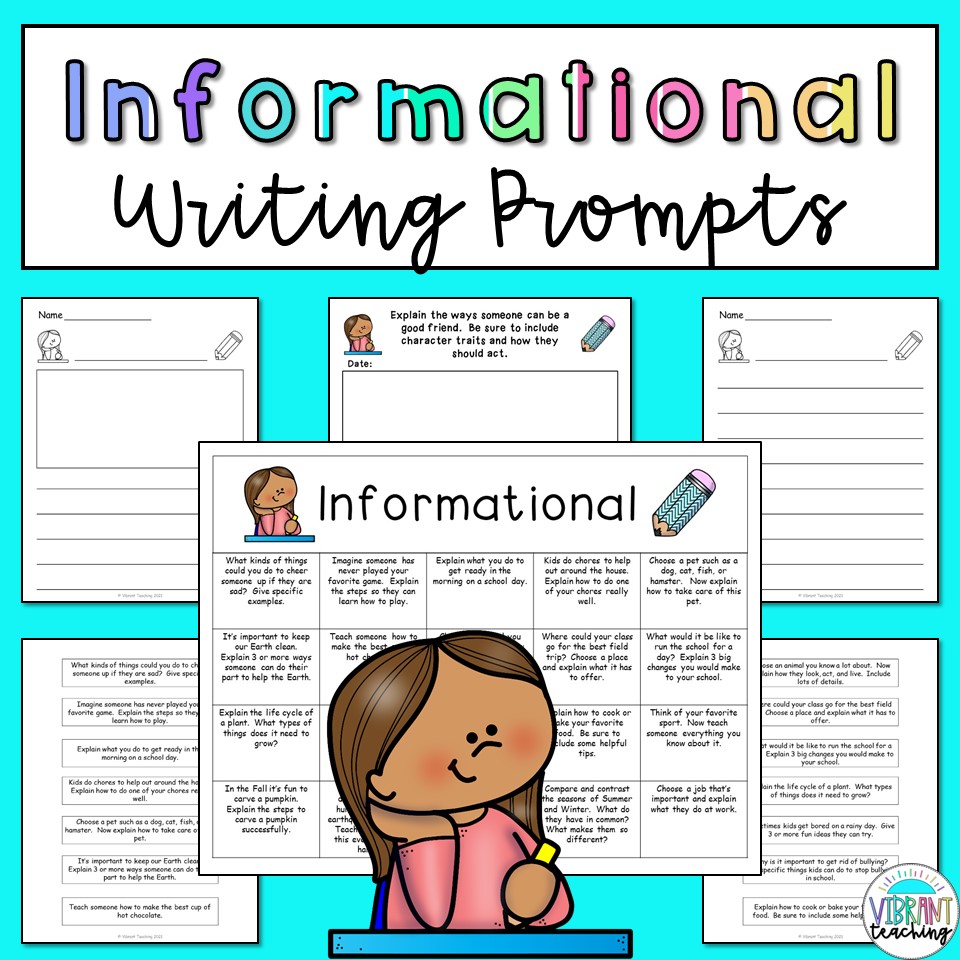

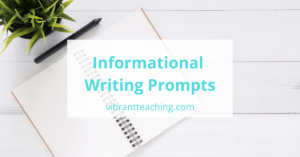


2 Comments
Thanks for sharing. These are my favorite type of writing prompts to give to my students to see how creative they can get.
Yes! These kinds of prompts definitely get the creative juices flowing. The students always love to share their opinions with the class. Happy writing!